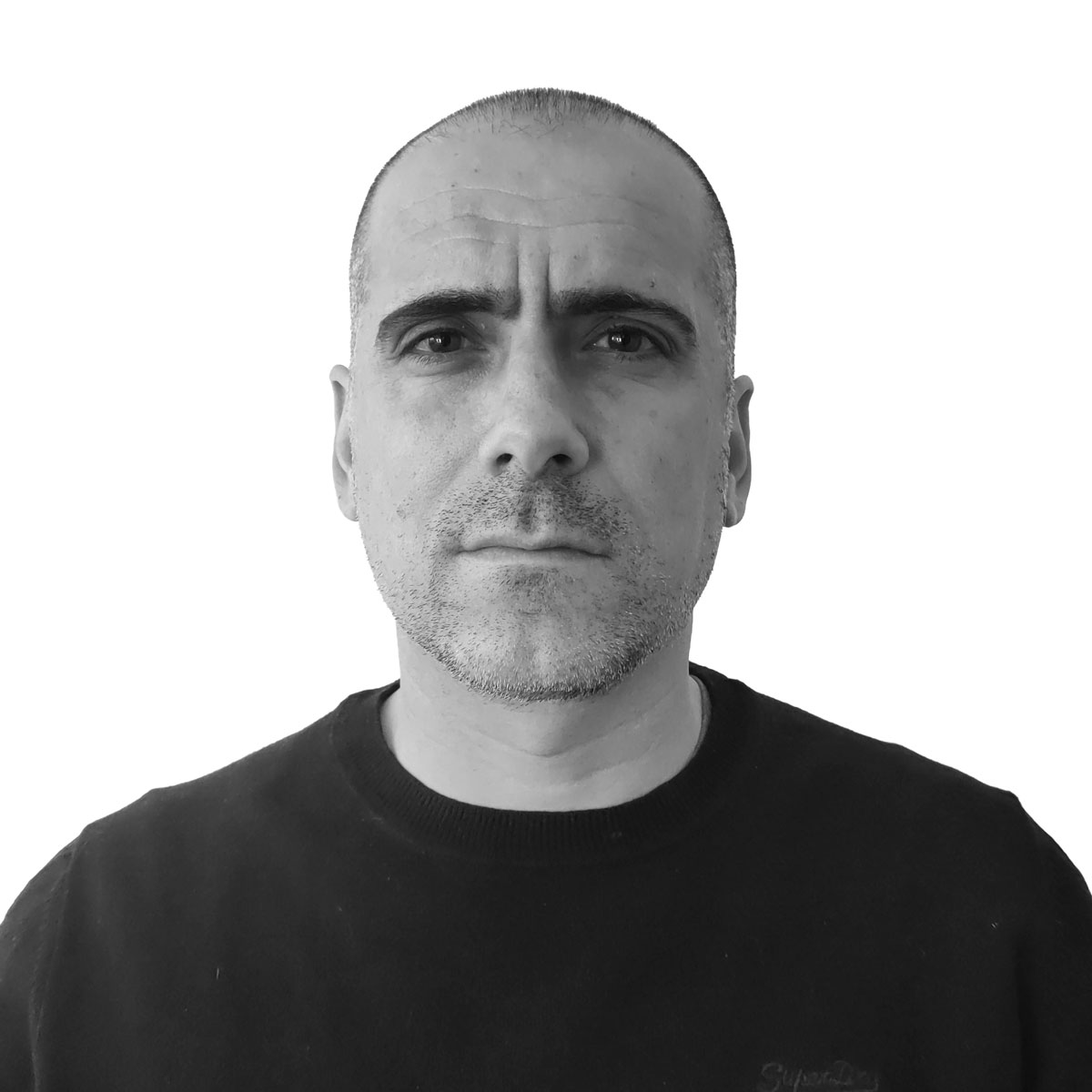Shaping Tomorrow’s Hotel: Smart and Human-Centered Innovation at Caro Hotel


Synopsis
I believe the hospitality industry is standing at a pivotal moment, with both the opportunity and the responsibility to shape what comes next. This future will not be defined by technology alone but by the clarity of vision we bring as hoteliers and professionals. As innovation accelerates, it is our purpose, empathy, and intent that will determine whether these tools help us build a more resilient, human centered industry or simply add to the noise.
I do believe the hospitality industry is facing a powerful opportunity – and responsibility – to reshape its future. And this future won’t be built by technology alone, but by the vision we, as hoteliers and industry professionals, bring to it.
Disruptive innovation is already knocking at our door. AI, automation, human augmentation tools, digital twins – these are no longer concepts of tomorrow, but technologies being deployed today. Still, for all their promise, technologies will not transform the industry unless we apply them with purpose, empathy, and a clear vision of the role we want hotels to play in society. This, in my view, is the real challenge for smart and sustainable innovation in hospitality.
Hospitality beyond lodging: A shift in mindset
We need to start thinking of hotels not just as places to sleep, but as experience platforms, cultural agents, labor ecosystems, and even as second-level destination management players. In this sense, sustainable transformation is not just environmental – it’s also social and operational.
When we speak of sustainable technology, we often think of smart thermostats and water-saving devices. But what about technologies that improve employees’ health? Or tools that allow guests to meaningfully engage with their destination, thus reducing tourism pressure on saturated areas? What about platforms that allow hotels to tailor service based on each guest’s unique preferences?
These are not abstract ideas – they are already being tested.
Enter TechYroom 2.0: A case study in applied innovation
In Spain, the TechYroom 2.0 initiative, led by the Instituto Tecnológico Hotelero (ITH), is an excellent example of what can happen when public-private collaboration, hotel vision, and tech providers come together. In its 2025 edition, Caro Hotel, a small five-star property in the historic center of Valencia, was selected to lead the project.
Why Caro Hotel? Perhaps because its size (just 26 rooms) allows it to move quickly, or because its leadership team was willing to challenge the limits of what a hotel can be. Either way, the result has been four highly focused, deeply relevant pilot initiatives that offer a blueprint for smart, human-centered, and sustainable hotel innovation.
Let me walk you through them.
1. Guest Experience Map: Turning Touchpoints into Meaningful Journeys
The first project tackled a long-standing, low-tech interaction: the paper city map at the front desk. Traditionally, this has been a space where hotel staff mark recommendations based on informal guest conversations. TechYroom 2.0 replaced this analog touchpoint with a digital, dynamic platform.
A high-resolution touchscreen displays recommendations drawn from both internal data (hotel-curated points of interest) and live feeds from Visit València, the city’s tourism authority. Guests receive not only personalized suggestions but route optimization, live booking options for restaurants and museums, and nudges toward less crowded areas – all of which contribute to redistributing visitor flows and reducing the pressure on over-touristed landmarks.
Behind the interface, a database powered by AI stores guest interactions and preferences, allowing the system to predict and propose tailored experience maps for future visitors. This is personalization with a purpose: improving guest engagement while promoting a more sustainable relationship between hotel and destination.
2. Ray-Ban Meta Smart Glasses: Smarter, Human-Centered Operations
Back-of-house efficiency often goes unnoticed – but it’s where technology can have enormous impact, especially when it enhances communication and reduces physical strain.
In this project, Caro Hotel implemented Ray-Ban Meta smart glasses for its housekeeping supervisors. These glasses allow real-time communication, task coordination, photo sharing, and voice command inputs without interrupting workflow or requiring physical displacement. As a result, team members no longer need to walk across the hotel to confirm room status, report issues, or receive updates.
The outcomes? Smoother operations, faster decisions, and most importantly, a measurable increase in employee satisfaction. Staff report feeling more empowered and less fatigued – reminding us that operational technology should never dehumanize the workplace, but rather support it.
3. Exoskeletons: Supporting the Body, Dignifying the Work
While exoskeletons are relatively common in industrial settings, their use in hospitality is still rare. At Caro Hotel, passive exoskeletons were introduced for tasks involving repetitive physical effort, especially in housekeeping and maintenance.
The benefits are immediate and multi-layered: reduced risk of injury, improved posture, less fatigue, and increased job satisfaction. For the hotel, it means fewer sick leaves and greater staff retention. For the public healthcare system, it represents a potential reduction in work-related health costs. And for the hospitality industry as a whole, it opens the door to a more sustainable and dignified future for physically demanding roles.
Technology here doesn’t replace people – it protects them.
4. Digital Twin: Empowering the Guest Before Arrival
The final pilot project explores one of the most promising areas in hotel e-commerce: the ability for guests to not only view rooms virtually but to select and book a specific room, with full transparency.
While digital twins are often used for design simulation or virtual tours, Caro Hotel took it a step further. Each of its 26 uniquely designed rooms was digitally modeled, allowing guests to explore them in detail and choose their preferred option before arrival. No generic room categories – just informed, empowered selection.
What does this mean? For one, it encourages direct booking, reducing dependency on intermediaries. But more importantly, it sets the stage for a new kind of guest relationship: one where personalization begins not at check-in, but at first click. From welcome amenities to in-room experience elements, everything can be adapted once the guest’s preferences are known in advance.
In a future where differentiation will be a strategic necessity, this level of customization is no longer a luxury, but a competitive edge.
Technology Is the Tool, Not the Goal
These projects are exciting, yes – but what makes them powerful is not the tech itself. It’s the intentionality behind them. The real innovation lies in the mindset: technology is not added for show, but embedded with a clear objective – to improve the guest journey, elevate employee conditions, and promote better destination stewardship.
We all should bear in mind that smart is not about digital, it’s about purpose. A truly smart hotel uses technology to serve people, not replace them.
A few thoughts looking forward
If we hope to achieve a more sustainable, resilient, and people-centered hospitality sector over the next five years, we must consider a few guiding principles:
- Every hotel has an impact. Zero-impact tourism is a myth. But what hotels can do is maximize their positive contribution – economically, socially, and environmentally – at the destination level. Future regulations may well introduce fiscal incentives or penalties based on that impact.
- People will remain our greatest asset. Technologies will continue to evolve, but the most competitive hotels will be those that attract and retain talented individuals. Hospitality is still, at its core, a human act.
- Sustainability requires more than green marketing. The era of shortcuts and superficial measures is over. Guests, regulators, and staff alike are demanding real commitments, verified outcomes, and visible impact.
- Collaboration is no longer optional. Initiatives like TechYroom 2.0 show what’s possible when public institutions, tech providers, and hoteliers align around a common goal. To lead, we must co-create.
Final thoughts
What inspires me most about Caro Hotel’s work is not the technology itself – but the philosophy behind it. A small hotel with limited resources made bold choices, not to impress, but to improve: for their guests, their staff, and their city. That’s the kind of leadership the industry needs today.
We may not all have the same starting point, but we all face the same horizon. The future of hospitality will be shaped by those who are willing to rethink what a hotel can do, and who it should serve. And that future, I believe, is already being quietly prototyped in places like Caro Hotel.
Let’s learn from them.